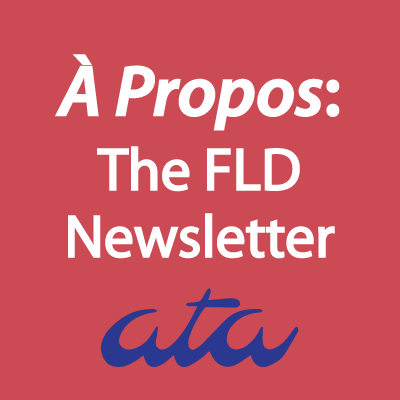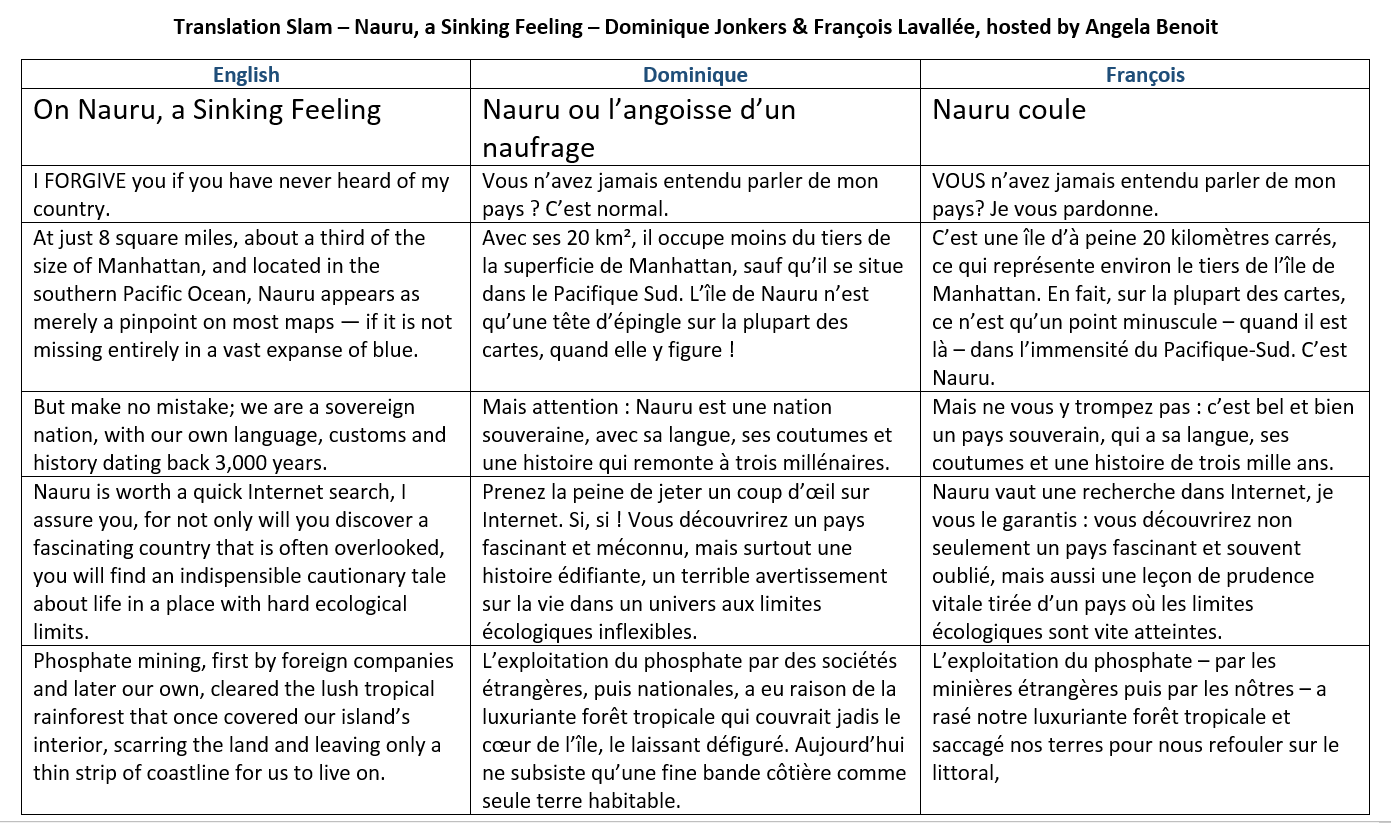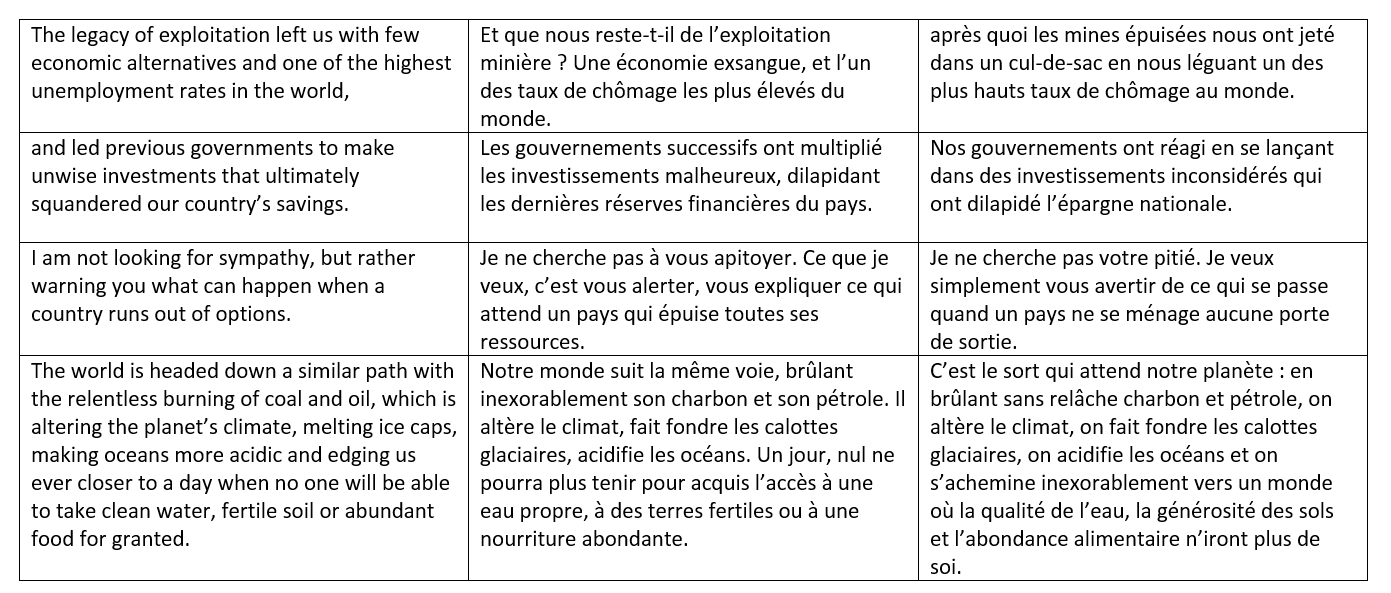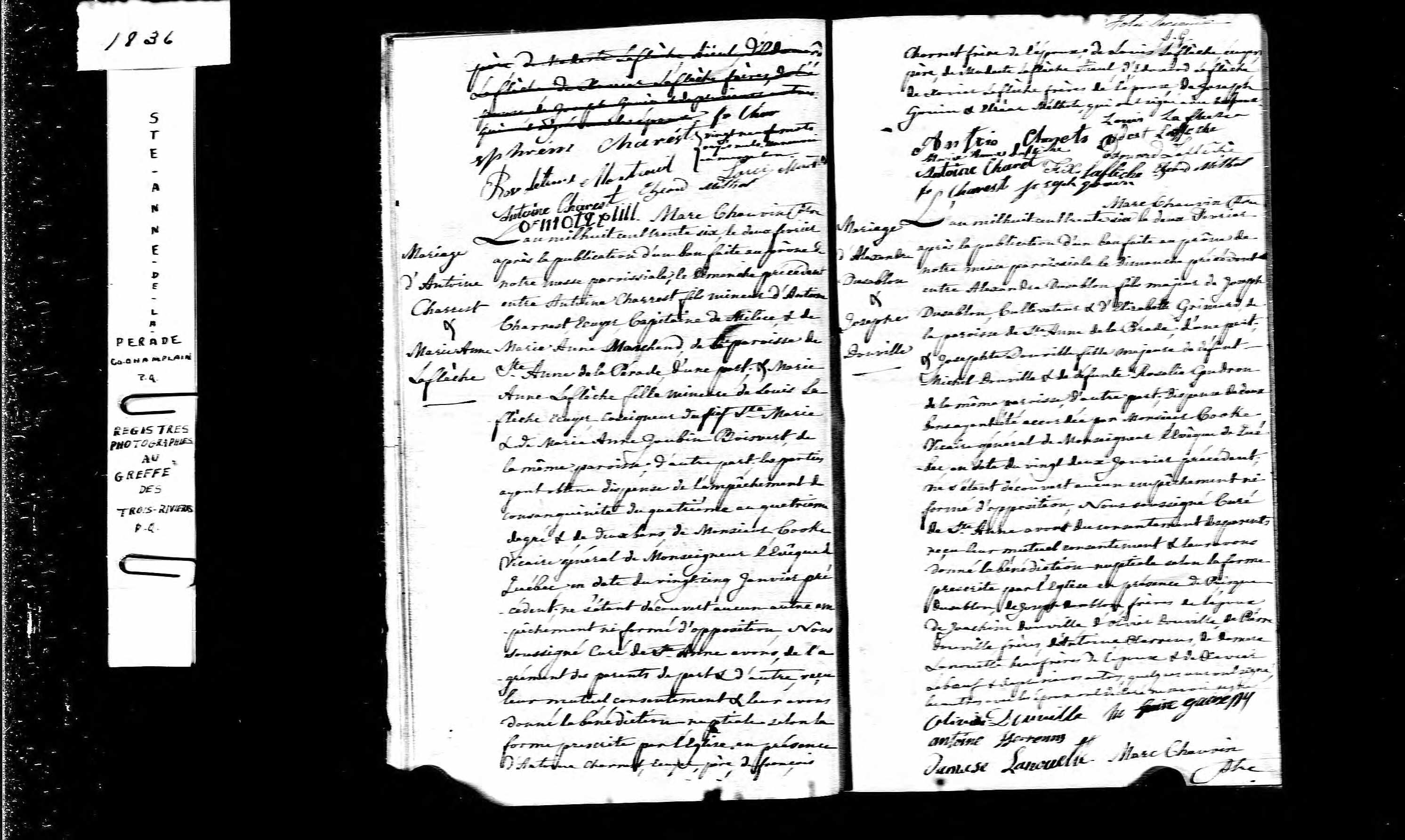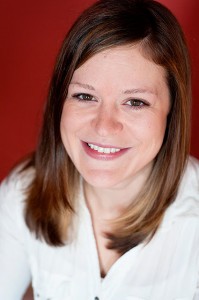Je regarde regulièrement « La grande librairie », l’émission de François Busnel sur TV5 Monde. Ce journaliste invite des écrivains qui viennent de sortir un livre, de gagner le Prix Goncourt, etc. J’avais donc déjà vu Joël Dicker parler de son dernier roman, qui m’avait semblé intéressant.
Apparemment, Dicker est devenu une célébrité après avoir publié son premier roman (« La vérité sur l’affaire Harry Quebert »), paru en 2012. Ce grand succès en librairie, alors que son auteur n’avait que 27 ans, avait fait l’admiration de tout le monde. Peut-être pas tout le monde cependant, car dans Le Monde des livres, Eric Chevillard donne un avis non edulcoré à propos de Joël Dicker :
« L’ombre de Philip Roth plane au-dessus de cette laborieuse entreprise romanesque. Joël Dicker croit réécrire Pastorale américaine (Gallimard, 1999), mais il nous donne plutôt un nouvel épisode du Club des cinq honorablement troussé. »
J’ai la chance d’avoir une très bonne amie française qui me prête toutes sortes de livres. On échange des bouquins tout le temps. Nous sommes toutes les deux des lectrices toujours avides de bonnes lectures et constamment en quête de nouveautés dont nous espèrons nous régaler. Elle m´a donné cette fois, non pas le premier roman de Joël Dicker, mais Le Livre des Baltimore, paru l’année dernière. Je n’en attendais pas trop car je prefère les livres français qui me parlent de la France et de ce qui se pase en France, plutôt que la lecture d’un écrivain suisse francophone écrivant sur la Nouvelle Angleterre et l’Amérique. Pour cela, je prefère des Américains comme Jonathan Franzen ou Jeffrey Eugenides, ou même John Fante, qui est un grand écrivain.
Mais Joël Dicker a vécu et étudié aux États-Unis et connaît bien les endroits dont il parle dans son roman. Il est capable de créer un roman crédible qui est une espèce de polar. Ce n’est pas un « roman de plage », comme les trilogies de Katherine Pancol. Joël Dicker, lui, cultive le « Thriller ».
Grande a été ma surprise parce que l’histoire est vraiment intéressante et que Dicker sait très bien maintenir le suspense jusqu’à la fin. J’adore les livres qu´on a du mal à laisser de côté avant de s’endormir le soir. Celui-là en fait partie. J´ai donc décidé de chercher son premier bouquin et de le lire aussi.
J’ai toujours une longue liste de livres à lire, cela me permet notamment de maintenir mon niveau dans les langues que je connais. Je trouve que la lecture aide beaucoup à ne jamais perdre de vue la beauté et la saveur des mots. Le travail quotidien de la traduction de textes techniques arides et sans âme tétanise un peu nos sens. Parfois, j’ai même besoin d’un peu de poésie, mais pour cela, je lis en espagnol. D’autres fois, je copie et je collectionne des lignes particulièrement belles qui m’ont fait chaud au cœur et que je ne veux jamais oublier. La bonne lecture est très enrichissante, on traduit mieux, on découvre de nouveaux mondes, des modes de vie, des moeurs différents, etc. Le livre est une fenêtre ouverte sur les complexités intérieures et extérieures de la vie des gens. Mais je digresse.
Joël Dicker raconte une histoire de famille, en particulier le lien entre les cousins avec lesquels le protagoniste a fondé le « Gang des Goldman ». Au fil des flashbacks, le roman se construit autour d’un mystérieux « drame », qui forme le cœur de l’histoire. Des « twists and turns », il y en a beaucoup.
Il y a eu un bref échange sur la page Facebook de l’ATA French Division en ce qui concerne le style d’écriture de Dicker. J’ai vu des commentaires sur son « American feel ». Quelques-uns pensent que son français semble avoir été traduit de l’anglais. Je crois que Dicker est un auteur multilingue, comme beaucoup de Suisses, d’ailleurs. Peut-être que cela exerce une certaine influence linguistique sur son écriture, c’est possible. Ce n’est peut-être pas de la grande litérature, mais c’est incontestablement une lecture agréable et vivante, je dirais même dynamique.
Anamaria Argandona
Anamaria Argandona is an English & French into Spanish translator. She can be found on Twitter at @translates or www.spanishtrans.com.
